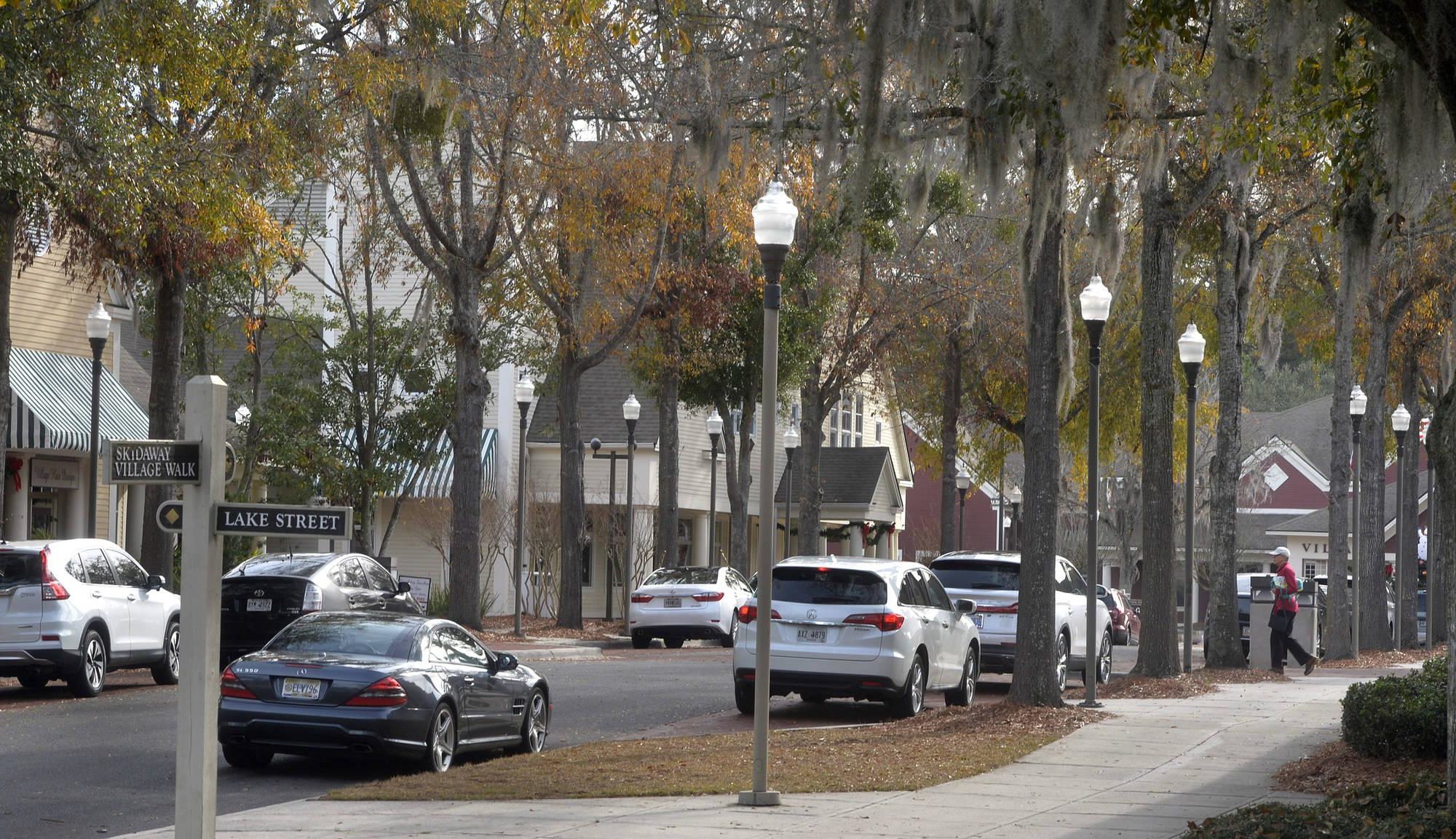Skidaway is poised to secede from the sovereign state of Chatham.
Georgia Gov. Brian Kemp signed a resolution Friday that will put the creation of the city of Skidaway Island on the voter ballot. The referendum will be decided in a March 19 special election.
Should the item pass, Skidaway would become the first new Chatham County municipality since 1974, when Bloomingdale residents opted for cityhood. The next most recent incorporations happened in 1957 in Port Wentworth and 1939 in Garden City.
Should Skidaway incorporate, don’t expect nearly two decades to elapse before the next new local municipality goes up for vote.
Skidaway is the litmus strip. The city charter blessed by the legislature allows residents to keep their Stephens-Day property tax exemptions, one of the main sticking points for those feeling uneasy about incorporation.
The House approved the bill, complete with the Stephens-Day language, by a 164-1 vote; the Senate passed it 43-4. Blocking future new city charters, such as one for the proposed Chatham Islands, based on the property tax exemption will be difficult.
With that hurdle removed, incorporation efforts could very well sweep the county. The debate will be fierce on the far side of the Skidaway Narrows over the next five weeks. After election day, the incorporation discussion will be just as intense off island.
Unwarranted fears driving debate
The larger impact is one reason why we encourage open, earnest discourse regarding Skidaway incorporation.
The Skidaway push began for a valid reason — the federal government’s unresponsiveness to storm debris cleanup following Hurricane Matthew.
The dialogue has mutated since. Many proponents are motivated by unwarranted fears of annexation or consolidation. Residents can veto annexation directly, while leaders at the state and local levels have rejected the notion of consolidating the city and county governments.
Yet angst over what might happen continues to drive conversations on Skidaway and beyond. And that’s a disservice to all, especially with so many legitimate considerations.
The Chatham County Commission is currently tasked with governance of Skidaway and the county’s many other unincorporated areas. Residents are designated as living in a “special services district” and are taxed to pay for infrastructure maintenance and improvements, county police and recorder’s court services.
Other services provided by municipal governments elsewhere, such as fire protection and garbage pickup and recycling, are privatized. Hence, unincorporated residents pay low taxes.
The question for Skidaway residents — and for others in the unincorporated areas in the future — is simple: Are you satisfied with the return on your special services district tax investment?
If not, would a smaller, municipal government do better? And at what cost?
Discuss incorporation realities
Those considering incorporation are largely worried about the wrong “what if?”
The concern shouldn’t be annexation or consolidation, but instead about the consequences of fluctuating tax revenues.
Much of the unincorporated areas, including Skidaway and the Chatham Islands, are dominated by residential properties. The locales have little land available for new commercial or industrial development. The tax digest in those neighborhoods is largely dependent on residential property values.
Meanwhile, the overwhelming majority of homeowners pay property taxes based on a frozen value — that’s what Stephens-Day does.
That’s the catch with Stephens-Day. As long as you are in an area with growth potential, new development can offset cost increases. The less opportunity for growth, though, the less flexibility a government has in making up revenue shortfalls.
In most instances, the choice is cut services or raise the millage rate. And the smaller the municipality, the greater the pressure.
Likewise, the relatively small number of businesses in those areas means less leverage when it comes to sales tax revenue negotiations.
All that said, small, well-run entity can operate with incredible efficiency. A small municipality can set priorities and adjust to changing conditions much more easily than a larger government. Self-rule is attractive in that way.
Pragmatic conversations about these realities of incorporation should be the pre-election focus on Skidaway. The same goes for the other unincorporated pockets of Chatham County.
Let’s remember, too, that what’s right for one area is not necessarily the answer everywhere. Success or failure on Skidaway, with its many private roads and where a quasi-governing body already exists, should not boon or doom incorporation efforts somewhere else.

